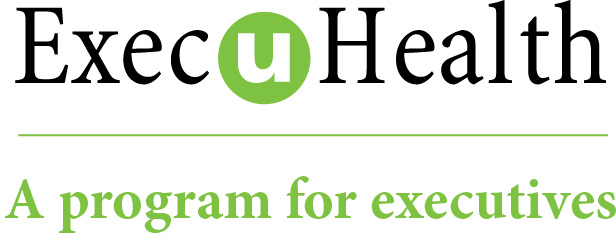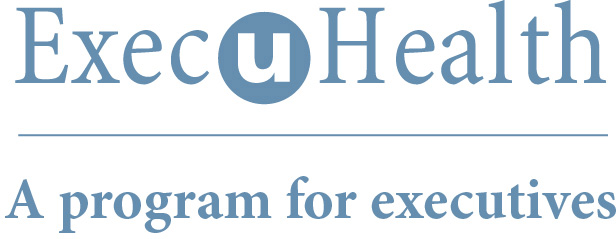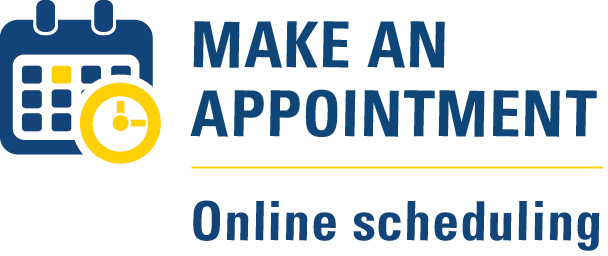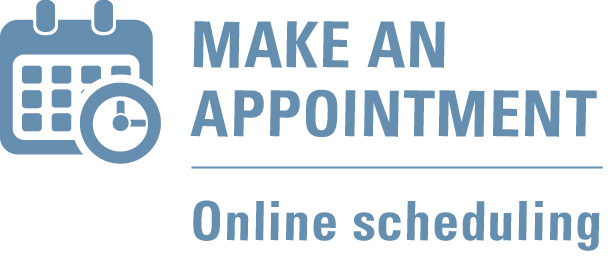| General Medicine | 4 weeks |
| Elective | 4 weeks |
| General Medicine | 4 weeks |
| Emergency Medicine | 4 weeks |
| General Medicine | 4 weeks |
| Elective | 4 weeks |
| General Medicine | 4 weeks |
| Critical Care | 4 weeks |
| General Medicine | 4 weeks |
| Elective | 4 weeks |
| Elective | 2 weeks |
| General Medicine | 2 weeks |
| Office Ambulatory Rotation | 4 weeks |
| Elective | 4 weeks |
Curriculum

Overview
- Each resident’s schedule is individually tailored by the program director with resident input to meet the resident’s long-term career goal.
- Residents can adjust their elective choices throughout the year based on their learning needs.
- The last two weeks of the academic year are scheduled as an elective to allow residents time to relocate.
- At least five and a half months are on services that focus on fundamental clinical skills.
- Each resident rotates on four weeks of Emergency Medicine and four weeks on Critical Care which includes medical and neurological intensive care.
- Ambulatory training is given for four weeks in a faculty primary care practice where preventive care and treatment of acute and chronic medical diseases using evidence-based medicine is emphasized.
- Multiple electives in many disciplines are available including: critical care, medical subspecialties, surgery, surgical subspecialties (ENT, orthopedics, urology, vascular), pediatrics, neurology, dermatology, sports medicine, hospice & palliative care, women’s health and radiology.
- Electives in Internal Medicine include: Allergy & Immunology, Cardiology, Endocrinology, Gastroenterology, Geriatrics, Hematology/Oncology, Infectious Disease, Nephrology, Pulmonary, Rheumatology.
- The majority of Internal Medicine subspecialty rotations are inpatient-focused.
- Allergy and Immunology, Dermatology, Endocrinology, Geriatrics, Palliative Care and Hospice and Rheumatology are out-patient focused with some inpatient consultations.
Typical Rotation Schedule
-
Transitional year residents will gain valuable clinical skills while rotating in the outpatient setting for four weeks. Residents will rotate alongside a private, community physician group invested in teaching. Here the resident will have the opportunity to build their knowledge base on common, outpatient topics and learn to apply current evidence and research to outpatient care. They will also be exposed to the fundamentals and practical application of preventive care for a diverse patient population.
-
Transitional year residents have a separate night float rotation. They will do an average of 7 days on and 7 days off during a 2-week block. They are always on service with a senior resident. Night float is from 7:30 pm to 8 am the following day. During the days on General Medicine, transitional year residents will have a long call shift approximately every 4 days from 7:30 am-7:30 pm. Transitional year residents do not do 24-hour shifts and will not take call during Non-General Medicine or Critical Care rotations.
-
Four weeks of training including medical and neuro ICU Opportunity to take more critical care training as an elective Site for procedural training 24/7 in-house supervision by Critical Care faculty Critical Care faculty respond to rapid response and code team calls to assist the resident on-call team and provide support and instruction -
There is no call on the emergency medicine rotation. On this rotation, the intern works 14, ten-hour shifts per month.
















